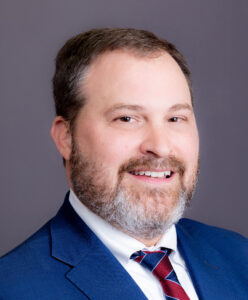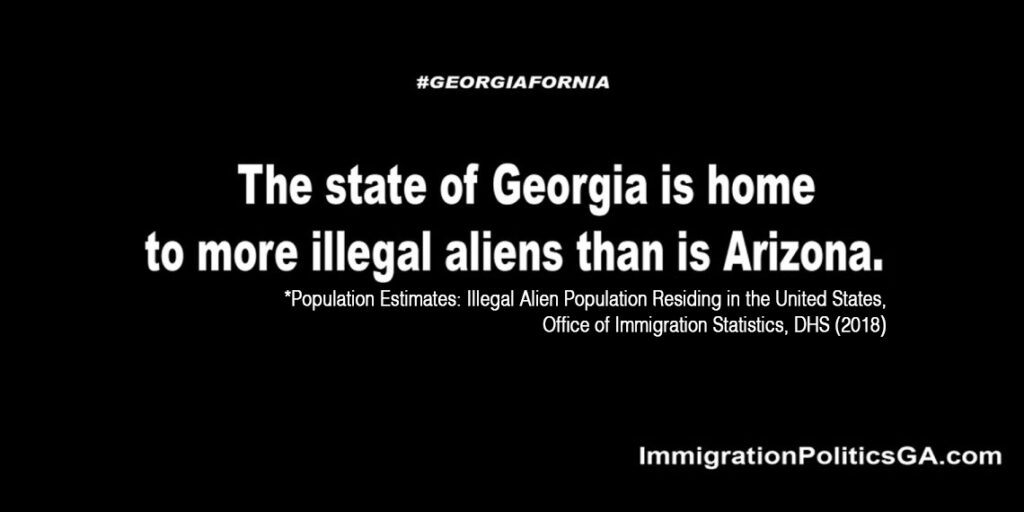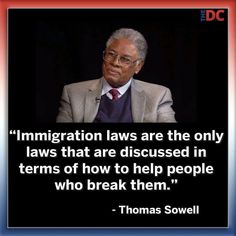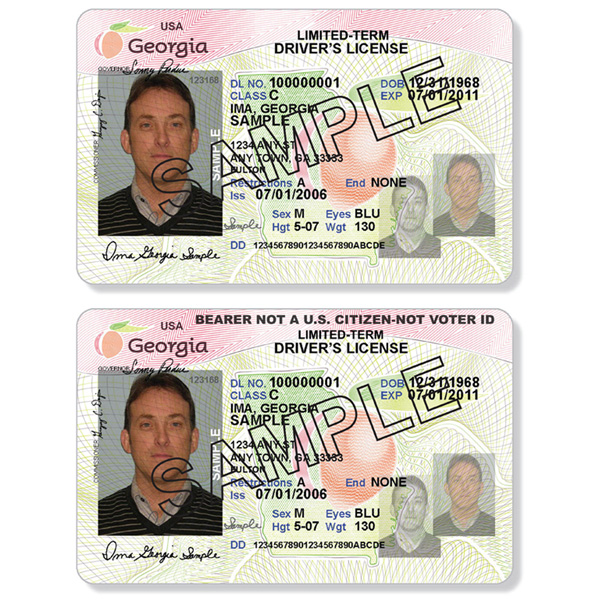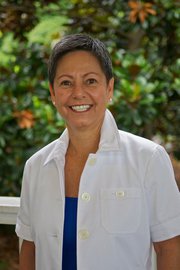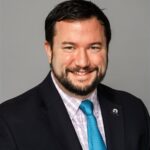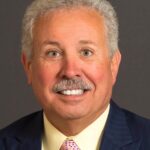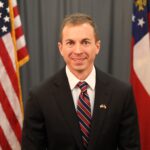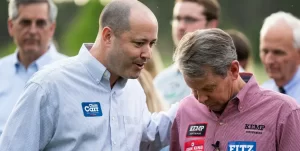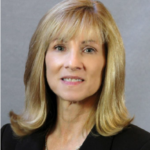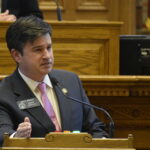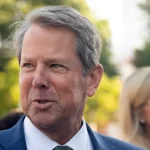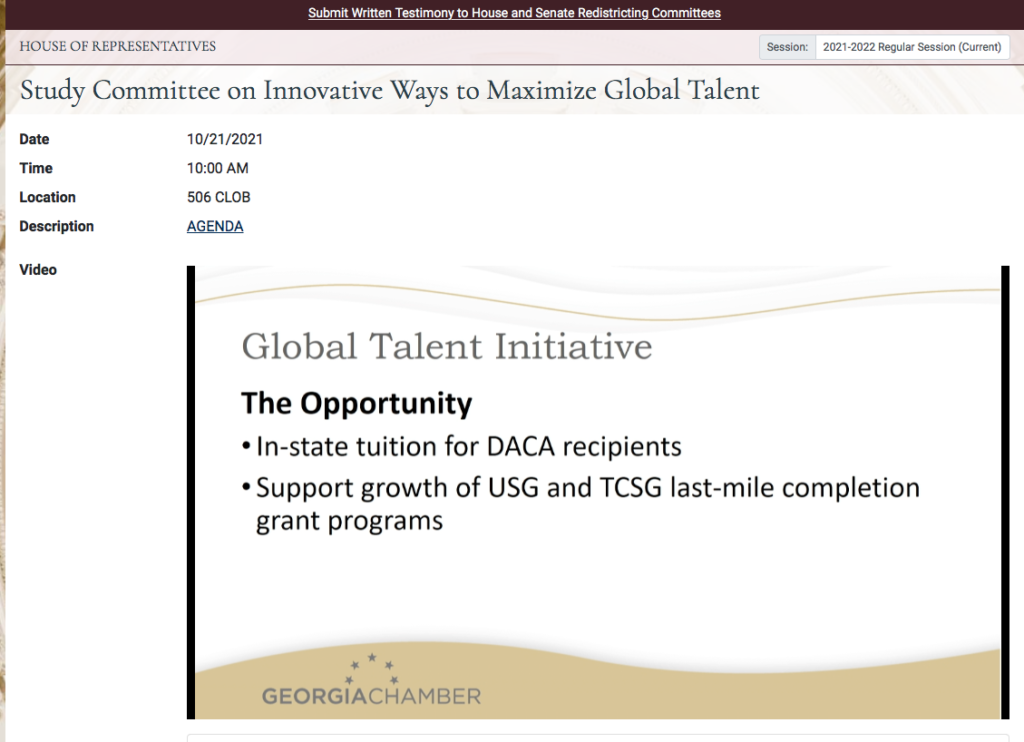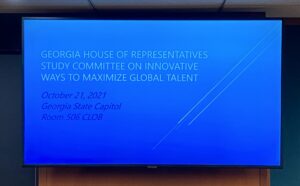Mr. Bob Trent in St Mary’s is a subscriber to the Dustin Inman Society action alert email list (sign up!) and read about HB 131 there. Mr. Trent sent a letter to the Republican Chairman of the House Higher Education committee Rep Chuck Martin about that legislation today and copied us. He also sent it to all Republican committee members. We post his letter on the bottom.
The bill from Dalton Republican Kasey Carpenter would lower the current tuition rate for illegal aliens in Georgia with a deferral on deportation resulting from Obama’s illegal 2012 DACA proclamation. This would be done by creating a new tier of tuition called “Opportunity Tuition” and it would only be available to the illegal aliens with the illegal DACA status.
Americans and immigrants whose families came to the U.S. according to our immigration laws who live in other states would not be eligible for the greatly reduced tuition rate.
Rep Chuck Martin gave a short speech to the committee on HB 131 last week telling members, attendees and at least one reporter from the liberal AJC that “…this does not put people that are in the country illegally in front of others.” That is not true.
You can see a three minute video of Rep Martin’s speech on Youtube below. You can see some numbers on tuition as related to HB 131 and cosponsors here. You can see another letter from Bob Trent published by the Brunswick News here.
Here is Bob Trent’s letter. He copied us on each separate email sent to Martin and all of the Republican members of the committee. Thank you, sir.
________-
(received here 1:03 PM today)
Feb 9, 2023
Rep Chuck Martin
Chairman, House Higher Education Committee
Cc. All Republican committee members
Re: HB 131
Chairman Martin,
I recently watched the video record of your February 1st speech to the members of the committee on HB 131. I write to make it clear that I can see how wrong you are about the contents of the bill and to express my own outrage at your misrepresentation. While I am not a lawyer, I have more than a little experience in reading and understanding statutes and the wording of legislation that creates them. I am having a great deal of trouble accepting that you don’t understand the bill yourself.
What you told the committee members is not true. HB 131 would grant a significant reduction in college tuition costs to illegal aliens living in Georgia who are rightfully now charged out-of-state tuition. It would not reduce that tuition cost for my friend’s American grandson in Iowa who cannot afford to come to college in any of Georgia’s public universities. It would indeed put illegals in front of Americans and lawful immigrants. I think you already know that.
HB 131 is merely a contrived and slightly altered Orwellian version of HB 120 from several years ago. It is not just a bad bill, it is un-American. I am active member of the Camden County Republican Party, and I plan to inform our legislators that a vote in favor of HB 131 would create a lot of ill will here.
I am a retired Senior Special Agent of the former Immigration and Naturalization Service (USINS). I have served on metropolitan area drug, and organized crime task forces for many years and have supervised special agents assigned to the Joint Terrorism Task Force. In addition, I spent ten years as a uniformed border patrol agent assigned to both the northern and southern borders. My final assignment was as the Assistant Director, Enforcement Training, U.S. Immigration Officer Academy, Federal Law Enforcement Training Center, Glynco, GA.
I wrote to you and most of your committee members in 2021 when Rep Kasey Carpenter tried to pass the instate tuition rates for illegal aliens. DACA recipients are illegal aliens. I pray HB 131 will not become law. I also hope you will apologize to the people who may believe what you said.
Robert Trent
St. Mary’s
(912…….)




